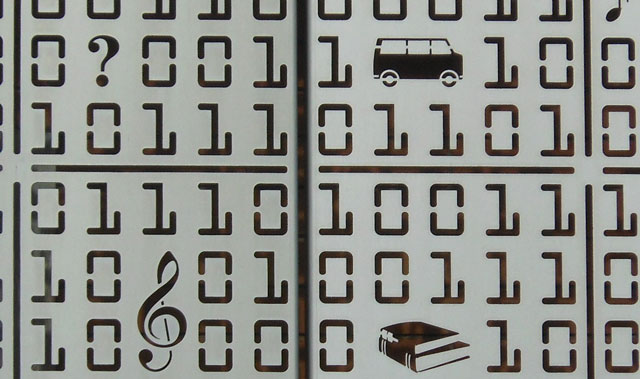
Ever been frustrated that data you bought from your telecommunications provider expired before you had a chance to use it? South Africa’s operators are entitled to do this, they argue, because you’re purchase airtime, you’re buying a service rather than a commodity.
In other words, consumers are buying access to data services for a certain period of time, up to a certain amount of data, rather than that amount of data itself. As a result, not using it means losing it.
One would be forgiven for thinking the Consumer Protection Act (CPA), introduced a few years ago to protect consumers’ interests, would protect against this interpretation. But its wording appears to endorse it, or at least creates a loophole that operators are able to exploit.
Section 63 of the act states that a prepaid certificate, card, credit, voucher or similar device does not expire until three years after the date on which it was issued. However, this does not apply to “such a device, or the value represented by it, after all of the value of the device has been exchanged for goods, services or future access to services”.
“Vodacom complies with the requirement from section 63, which stipulates that vouchers must remain valid for three years,” says the mobile operator’s spokesman, Richard Boorman. “Once the voucher has been used to purchase a product such as data or ringtones, then our view is that the section 63 requirement falls away.”
Boorman says the best analogy — “although not necessarily the most popular one” — is a gym membership.
“Gym users buy access for a fixed length of time and the gym caters for this. If you don’t go to the gym, that session can’t be resold to anyone else or rolled over. Similarly, we are selling access to a service and the reason for this is that Vodacom buys data transmission capacity on both local and international ‘pipes’ and pays for this capacity upfront whether it is used by customers or not.”
By encouraging customers to purchase the right data bundle size for a specific time period, Vodacom know roughly how much capacity is required, he says.
Without this model, Boorman says Vodacom would have to buy more capacity, “which would result in customers paying much higher prices”. Also, if the operator were to underestimate its capacity needs, its network would become congested.
The solution, perhaps, is to offer consumers the option to purchase data that doesn’t expire as quickly, but to charge a higher price for it.
Cell C, for example, offers 3GB of data, valid for a year, for R399. This offer is only available in the operator’s retail stores and cannot be purchased using banking applications or on the Internet. Although this makes it more inconvenient for customers to purchase it — and makes the data more expensive than buying the equivalent quantity of data with a shorter expiry date — it gives customers the option.
TechCentral was unable to reach the National Consumer Commission, which enforces the CPA, for comment. — (c) 2013 NewsCentral Media
- Image: LaMenta3/Flickr




